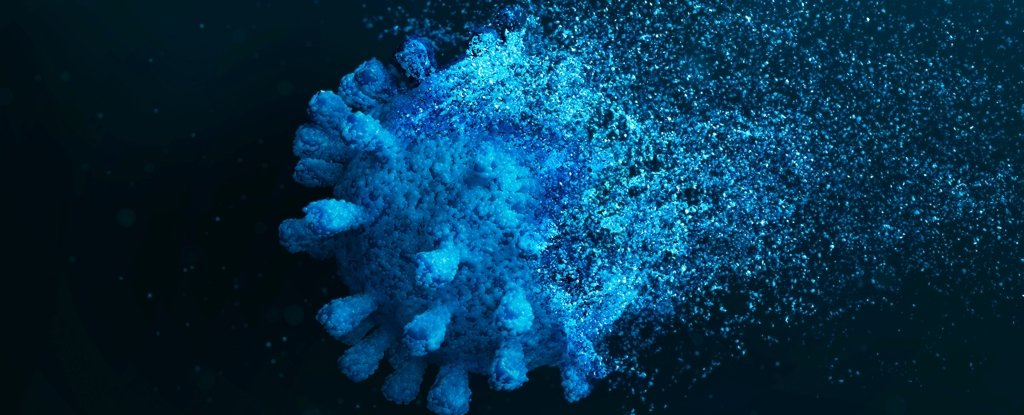
A protective gene variant that seems to shield people from severe cases of COVID-19 has been discovered by researchers.
Scientists have been looking at how patient genetics influence the severity of a disease and how they affect people who are not carriers.
The effort seems to have found a new lead. The international team of researchers has identified a specific gene variant that can protect against critical illness after uncovering numerous genetic mechanisms linked to life-threatening cases of COVID-19.
An analysis of genetic data obtained from European people in 2020 found that a specific part of the OAS1/2/3 gene cluster was associated with several different antiviral mechanisms. The reduced risk of becoming critically ill in cases of SARS-CoV-2 can be attributed to the variants.
It was not clear what the region of Neanderthal-inherited DNA that led to the boosted protection against the coronaviruses was.
Researchers compared information from people of different ancestries, looking at genetic datasets of people from both African and European lineages.
The scientists wanted to see if they could narrow the search further within the OAS1/2/3 cluster and determine the same protective signal in the shorter haplotypes of African people who don't carry the same complicated influx of Neanderthal and Denisovan genes in their own DNA.
The approach worked. In an analysis of 2,787 COVID-19 cases alongside the genetic data of 130,997 individuals of African ancestry, the researchers identified an allele in the gene rs10774671 that confers protection against COVID-19 hospitalization in individuals of African ancestry.
"The fact that individuals of African descent had the same protection allowed us to identify the unique variant in the DNA that actually protects from COVID-19 infection," says first author and genomics researcher, Jennifer Huffman from the VA Boston healthcare system.
The variant in question, called rs10774671 G, confers protection against COVID-19 severity independently of other associated alleles in non-African populations.
African ancestries do not usually feature Neanderthal haplotypes, unlike European populations who adopted Neanderthal genes through breeding with Neanderthals during their long migration out of Africa.
Modern humans have existed for about half a million years and have had different versions of the same variant.
It wouldn't have been easy to find the variant since it appears to have been carried by humans for a long time.
"This study shows how important it is to include individuals of different ancestries," says senior researcher and evolutionary geneticist Hugo Zeberg.
If we only studied one group, we wouldn't have been able to identify the variant.
The protective effect comes about because of the variant's effect on the OAS1 gene, which is more effective at breaking down the disease than the unaltered version.
If they are correct, the insight could be an important step towards new kinds of treatment that boost immune response in a similar way.
"That we are beginning to understand the genetic risk factors in detail is key to developing new drugs against COVID-19," says senior researcher and geneticist, Brent Richards.
Nature Genetics has the findings.